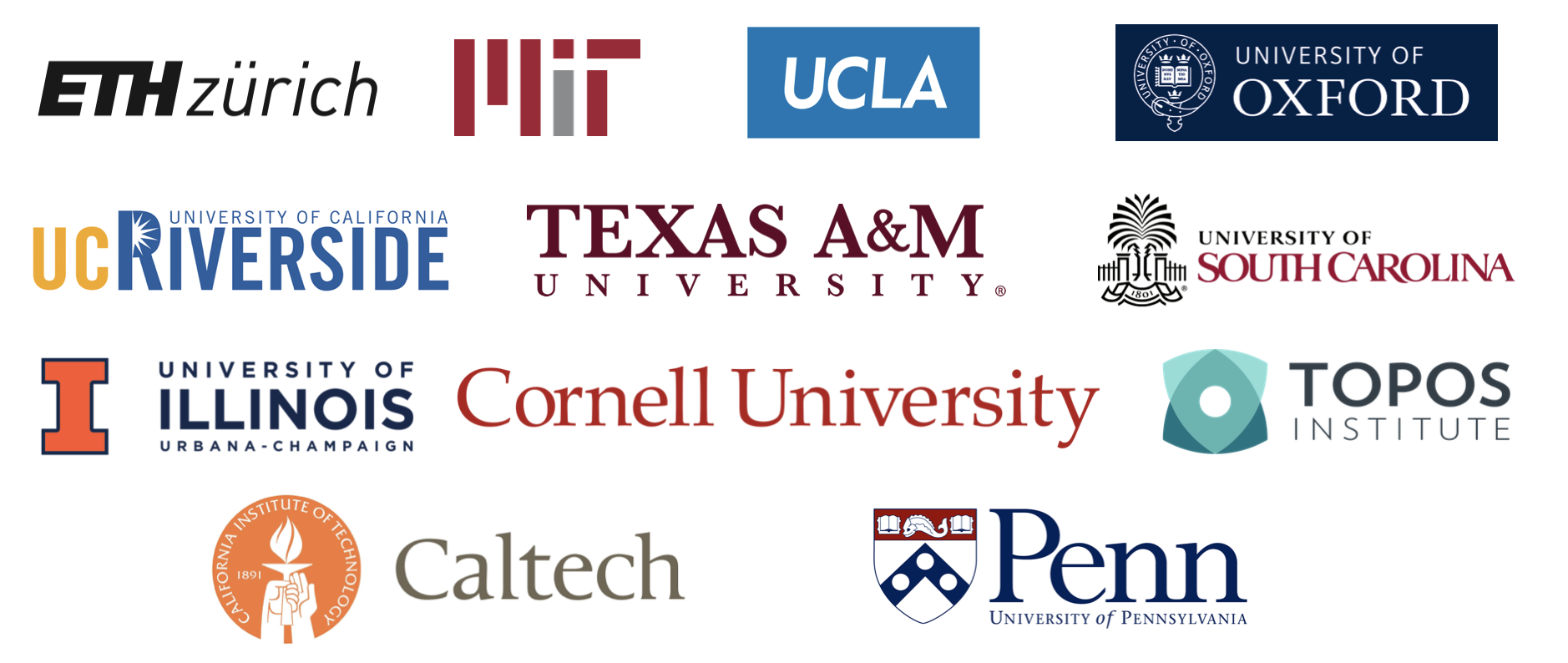Compositional Robotics: Mathematics and Tools (ICRA 2021 Workshop)
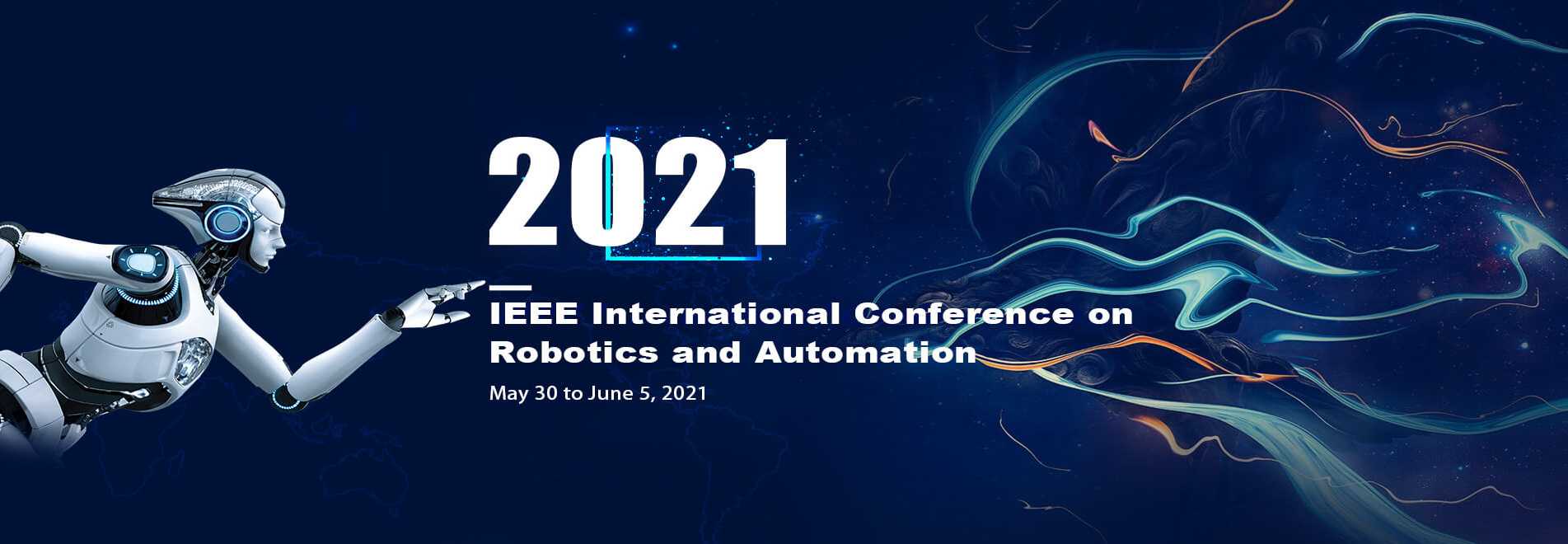
Motivation
In the last decade the research on embodied intelligence has observed important developments. While the complexity of robotic systems has dramatically increased, both from the perspective of the single robot design and the one of interacting multi-robot systems (e.g., autonomous vehicles and mobility systems), the design methods have not kept up.
The standard answer to dealing with complexity is exploiting compositionality, but
there are no well-established mathematical modeling and design tools that have the reach
for compositional analysis and design at the level of a complex robotic system.
The goal of this workshop is to integrate mathematical principles and practical tools for compositional robotics, with a focus on applied category theory as a meta-language to talk about compositionality.
LOGISTICS
Registration (optional): external page https://forms.gle/9v52EXgDFFGu3h9Q6
The workshop will happen on May 31st virtually (see schedule and external page official calendar below), on zoom at this external page link.
Breaks will happen on Gathertown (nothing to be downloaded, you can join via browser via this external page link). This space is shared with another workshop: make sure to follow the instructions once on the space.
Help us advertising by sharing the official Download flyer (PDF, 360 KB) with your colleagues!
Session I: Mathematics and Tools for Compositionality
In the morning, researchers in Applied Category Theory (ACT) will provide tutorials to present an invitation to various aspects of compositionality, both at the theoretical and the practical level. In particular, Dr. Jonathan Lorand will teach Category Theory basics, Dr. David Spivak will introduce the audience to the concept of compositionality, Prof. John Baez will explain how the previously defined concepts can be used when modeling various types of systems, and Dr. Andrea Censi and Gioele Zardini will present the theory of co-design, taylored to autonomy.
Session II: Keynote Talks and Open Contributions
The afternoon session features two keynotes on the application of compositionality tools in robotics:
- Prof. Aaron Ames, Bren Professor of Mechanical and Civil Engineering and Control and Dynamical Systems, California Institute of Technology.
- Prof. Daniel Koditschek, Alfred Fitler Moore Professor of Electrical & Systems Engineering, School of Engineering & Applied Science, University of Pennsylvania. Prof. Koditschek confirmed that he will be assisted by Dr. Paul Gustafson (Wright State University) and Dr. Matthew Kvalheim (University of Pennsylvania).
Speakers are leading experts in their fields and have succesfully applied Category Theory and compositionality to real challenges in robotics. Finally, we plan for eight talk-slots for open submissions. Submissions should focus on mathematical perspectives (not limited to ACT) and applications of compositionality.
Join the external page official calendar for the event! Below, you find the detailed schedule.
Between talks, we will have breaks in thematic breakout rooms. The topics of the rooms will be voted. Details will follow.
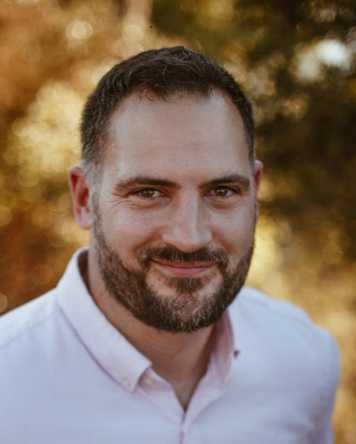
Aaron D. Ames has been the Bren Professor of Mechanical and Civil Engineering and Control and Dynamical Systems at California Institute of Technology, in Pasadena, California, since 2017. Formerly, he was an associate professor of mechanical engineering and electrical and computer engineering at Georgia Institute of Technology, Atlanta, Georgia, and an associate professor of mechanical engineering at Texas A&M University, College Station, Texas. Ames received his PhD in electrical and computer engineering from University of California, Berkeley in 2006 under S. Shankar Sastry. He was the recipient of the Donald P. Eckman Award in 2015 for his contributions in bipedal robotic research. He was also a recipient of the 2017 Okawa Foundation Research Grant for his research project entitled "Safety-Critical Autonomy in Robotic Locomotion". This prize honors top young researchers working in the fields of information and telecommunications.
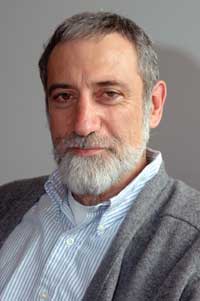
external page Daniel Koditschek
Daniel E. Koditschek received the Ph.D. degree in electrical engineering from Yale University, New Haven, CT, USA, in 1983. He is the Alfred Fitler Moore Professor of electrical and systems engineering at the University of Pennsylvania, Philadelphia, PA, USA, where he served as the Chair from 2005–2012. He holds secondary appointments in the Departments of Computer and Information Science and Mechanical Engineering and Applied Mechanics. Prior to joining Penn, he held faculty positions in the Electrical Engineering and Computer Science Department, University of Michigan, Ann Arbor (1993–2004) and the Electrical Engineering Department, Yale University (1984–1992). His current research interests include robotics, the application of dynamical systems theory to intelligent machines, and nonlinear control. Dr. Koditschek is a member of the AMS, ACM, MAA, SIAM, SICB, and Sigma Xi. He is a fellow of the AAAS. He received the Presidential Young Investigators Award in 1986.
We have issued a call for papers for this workshop: you find it external page here.
Accepted submissions will be assigned a oral presentation at the workshop.
Note that we are teaching several classes related with these topics. Find out more external page here.
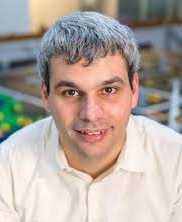
Andrea Censi is deputy director of the Dynamic Systems & Control chair. He obtained a Ph.D. from Caltech. Previously, he has been a research scientist at MIT and Director of Research at Aptiv Mobility (now Motional). He is president of the Duckietown Foundation.
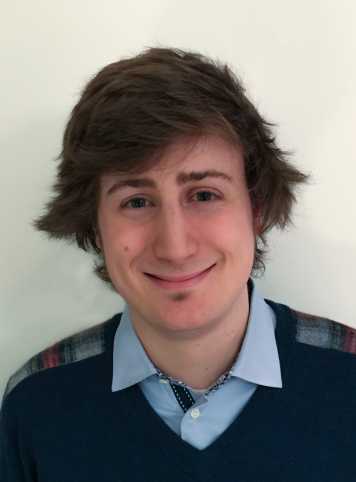
Gioele Zardini is a Ph.D. student in Prof. Emilio Frazzoli's group at ETH Zurich. He received his BSc. and MSc. in Mechanical Engineering with focus in Robotics and Control from ETH Zurich in 2017 and 2019, respectively. Duringhis studies, he worked as an intern in nuTonomy Singapore (now Motional) and wrote his Masters Thesis at Stanford University, in Prof. Marco Pavone's Autonomous Systems Lab. His research interests include the co-design of future mobility systems and of robotic systems, and more in general compositionality in engineering.
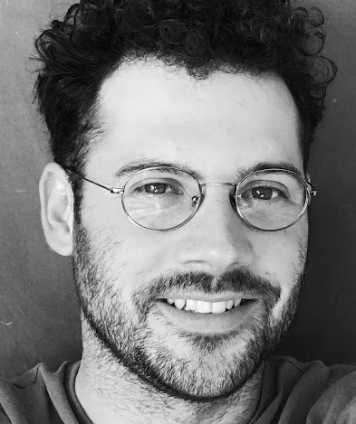
Jonathan Lorand is a postdoc in Prof. Frazzoli's group at ETH Zurich, working on applications of category theory in engineering. He holds a PhD in mathematics from the University of Zurich, and is doing an MA in Transdisciplinarity at the Zurich University of the Arts. He believes in the power of conceptual thinking for learning, communication, and technological design.
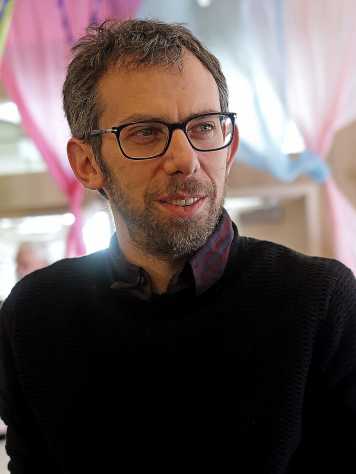
David Spivak is currently a Research Scientist at MIT and co-founder of the Topos Institute. Since his PhD from UC Berkeley in 2007, he has worked to bring category-theoretic ideas into science, technology, and society at large, through novel mathematical research, through collaboration with scientists and engineers from disciplines including Materials Science, Chemistry, Robotics, Aeronautics, and Computer Science, and through educational activities that include mentoring at MIT and authoring two introductory textbooks on applied category theory.

Brendan Fong is currently a postdoctoral associate in mathematics at MIT and co-founder of the Topos Institute, and holds a PhD in computer science from Oxford University. He is a founding executive editor of the open-access journal Compositionality, and co-authored the textbook An Invitation to Applied Category Theory. Brendan believes technologies of connection and integration are already transforming the world we live in, and is dedicated to ensuring that these transformations benefit society-at-large.
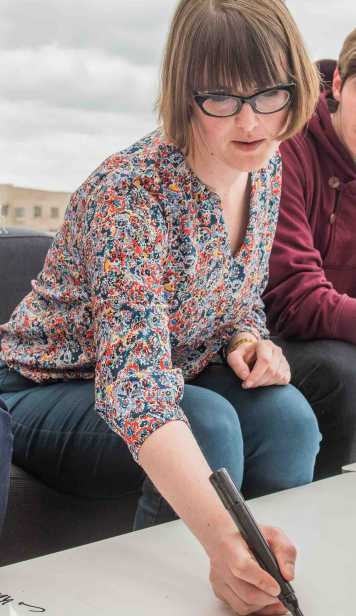
Nina Otter is a CAM Adjunct Assistant Professor in the Mathematics Department at UCLA. She obtained a DPhil in Mathematics from the University of Oxford in June 2018. Her research focuses on using methods from pure mathematics (such as algebraic topology, algebraic geometry and category theory) to study data.
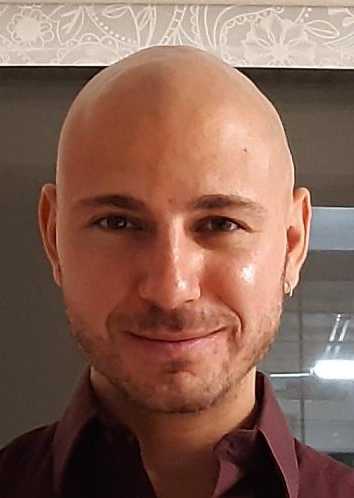
Paolo Perrone is a postdoc at the University of Oxford, in the group of Sam Staton.
He obtained his PhD at the Max Planck Institute in Leipzig working with Jürgen Jost and Tobias Fritz, he has worked at the York University with Walter Tholen, and at MIT with David Spivak and Brendan Fong.
His research focuses on category-theoretical approaches to probability and statistics, and more generally on bringing conceptual clarity to complex systems.
He is a firm believer in the importance of good teaching in mathematics and science.
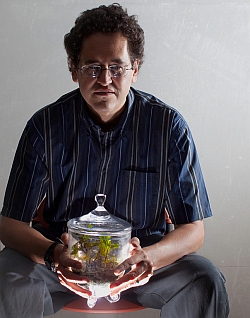
John Baez is a professor of mathematics at the University of California, Riverside, known for his work on quantum gravity and higher category theory. His work in public communication of the sciences began in 1993 with his long running column “This Week’s Finds in Mathematical Physics”. In 2010, he founded the Azimuth Project, a focal point for scientists and engineers devoted to studying mathematical sciences for addressing climate change and other environmental and ecological problems.
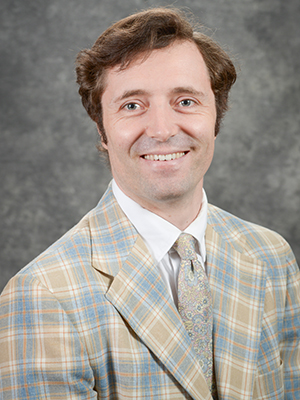
Dylan Shell is an Associate Professor of computer science and engineering at Texas A&M University in College Station, Texas. He received his BSc degree in computational & applied mathematics and computer science from the University of the Witwatersrand, South Africa, and his M.S. and Ph.D. in Computer Science from the University of Southern California. His research aims to synthesize and analyze complex, intelligent behavior in distributed systems that exploit their physical embedding to interact with the physical world.
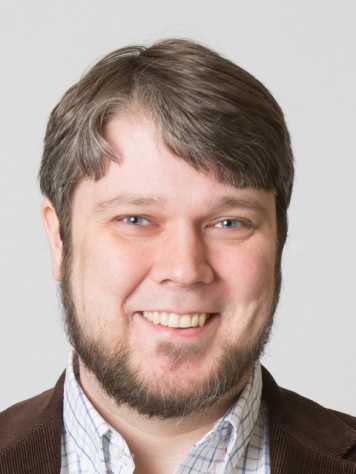
Jason O'Kane is a Professor in the Department of Computer Science and Engineering at the University of South Carolina. He earned Ph.D. (2007) and M.S. (2005) degrees from the University of Illinois and the B.S. (2001) degree from Taylor University, all in Computer Science. His research spans algorithmic robotics, planning under uncertainty, and computational geometry.
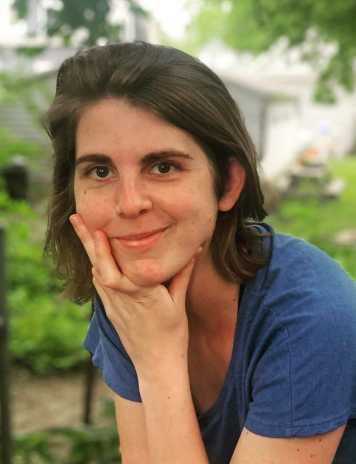
Alexandra Nilles is a postdoctoral associate at Cornell University, in Dr. Kirstin Petersen's Collective Embodied Intelligence Lab. She studied Engineering Physics at the Colorado School of Mines, and in late 2020 completed her Ph.D. in Computer Science from the University of Illinois at Urbana-Champaign, advised by Prof. Steve LaValle. Her research focuses on novel control modes for resource-constrained mobile robots, as well as representations and algorithms that allow for scalable, robust motion planning and control of such robots.
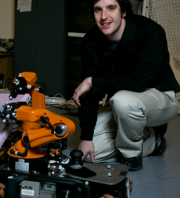
Andrew Spielberg works in the intersection of fabrication and robotics, creating tools which enable users to quickly design, program, and easily fabricate rigid and soft robots. He has worked on projects in developing fast, differentiable simulators, optimization and learning algorithms for automated robot design, and novel digital fabrication techniques. He is co-advised at MIT - CSAIL by Wojciech Matusik and Daniela Rus. Prior to joining MIT, he received his M.Eng in Computer Science and his B.S. in Computer Science and Engineering Physics at Cornell University, and has spent time working at the Johns Hopkins University Applied Physics Lab and Disney Research.

Emilio Frazzoli,
Emilio Frazzoli is a Professor of Dynamic Systems and Control at ETH Zurich, and CSO of Motional. His main research interest are in robotics, autonomous systems, and intelligent mobility. In acknowledgement of his seminal work in these fields, Emilio has received numerous awards, including the the 2015 IEEE George S. Axelby Award and the 2017 IEEE Kiyo Tomiyasu Award, and has been named an IEEE Fellow in 2019. Emilio has published more than 200 papers in the fields of robotics, autonomous vehicles, and drones. A former full professor at MIT, he directed the research group that first demonstrated an autonomous mobility (“robotaxi”) service to the public, and performed the first analysis of the social and economic impact of such a service, based on real transportation data. In 2013 he founded nuTonomy with Karl Iagnemma, and served as its Chief Technology Officer until its acquisition by Aptiv in 2017.
